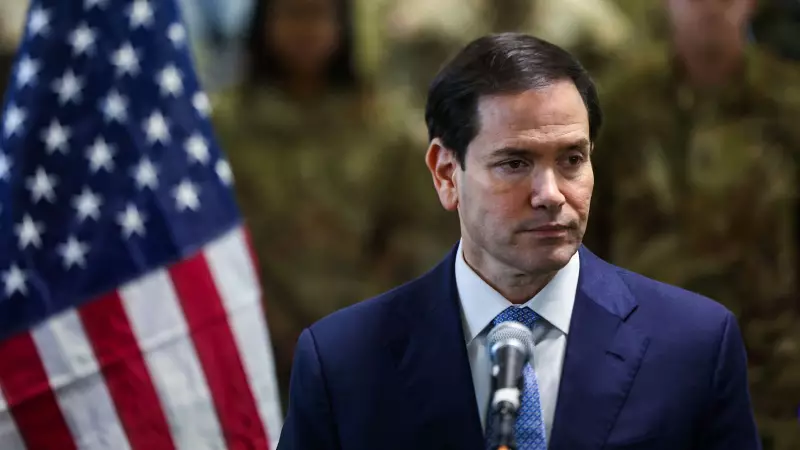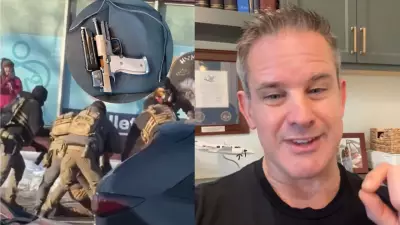
In a startling revelation that has sent shockwaves through diplomatic circles, US Senator Marco Rubio has exposed a concerning breach in Gaza ceasefire negotiations. The Republican senator disclosed that mediators involved in the sensitive talks shared critical intelligence information, ultimately uncovering what he described as a "significant threat" to Israel.
The Intelligence Breach That Shook Ceasefire Talks
Speaking on national television, Senator Rubio detailed how the information sharing among mediators led to the discovery of a serious security concern for Israel. While the exact nature of the threat remains classified, the senator emphasized its gravity and the potential consequences had it gone undetected.
"What became clear through this process," Rubio stated, "is that mediators in these ceasefire discussions had access to and shared sensitive information that revealed a direct threat to Israeli security."
A Complex Web of Diplomacy and Intelligence
The revelation raises serious questions about the boundaries of mediation in conflict resolution and the handling of classified intelligence during diplomatic negotiations. The incident highlights the increasingly complex intersection between intelligence operations and peace talks in one of the world's most volatile regions.
According to Rubio's account, the information sharing wasn't part of the official mediation protocol but emerged organically during the negotiation process. This unexpected development ultimately served as an early warning system, potentially preventing a major security incident.
Implications for Future Peace Efforts
This disclosure comes at a critical juncture in the Israel-Hamas conflict, where ceasefire negotiations have been repeatedly stalled and complicated by security concerns. The incident demonstrates how intelligence gathering and diplomatic efforts have become increasingly intertwined in modern conflict resolution.
Security analysts suggest that this revelation could impact future mediation efforts in several ways:
- Increased scrutiny of information sharing protocols during negotiations
- Potential reluctance among parties to share sensitive information
- Greater emphasis on intelligence verification in diplomatic processes
- Possible restructuring of mediation team compositions
As the situation continues to develop, the international community watches closely to see how this disclosure will affect ongoing and future ceasefire negotiations in the region.





